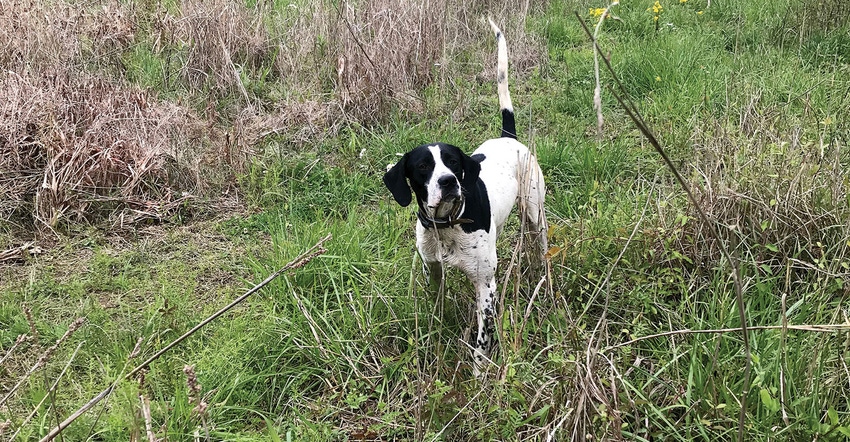August 13, 2018

Hunting, fishing, wildlife watching, outdoor physical exercise and other outdoor recreation mean millions of dollars for Mississippi annually.
Mississippi State University scientists recently found that wildlife-related recreation generates about $2.9 million in economic impact to the state each year. Some of the money spent on outdoor recreation goes to small, rural Mississippi communities that would not see these expenditures otherwise.
Outdoor recreation requires access to public or private land or water. People often purchase land for hunting and angling. Some buy land to locate houses or cabins so they can own a piece of “the great Mississippi outdoors.” This trend has influenced the value of rural land, particularly property with fish ponds, beautiful sites for dream homes, or productive habitats for game and nongame wildlife species.
MSU scientists conducted a recent survey in cooperation with the Federal Land Bank of Mississippi and Mossy Oak Properties. They found that individuals purchased property in Mississippi specifically for outdoor recreation. Based on survey results reported for nearly 600 Mississippi properties, one-third of the dollar value of rural lands ($634 per acre, on average) was due to outdoor recreational potential.
Most of these properties were forested with a mixture of stands including bottomland hardwood trees, mixed pine-hardwood forests, upland hardwood forests, pine plantations and natural pine stands. Other tracts included agricultural land predominately planted in row crops and land that was fallow, contained roads or had supplemental plantings for wildlife.
We learned some land attributes were very important to buyers looking for recreational property. For example, forested habitats — particularly of hardwood tree species — provide excellent habitats for a diversity of wildlife species, both game and nongame. Buyers who intend to hunt recreationally are looking for these land types because of their plentiful white-tailed deer and wild turkey populations.
Adjacent to public lands
Additionally, property tends to have a higher sales value when it is adjacent to larger public lands that support outdoor activities. Owners of such property can recreate not only on their private land but also on the larger public land and water nearby.
When someone is shopping for recreational land, some tracts are much more inherently valuable than others. The most sought-after will be quality private lands with ponds for fishing and forests with open spaces and pastures that support diverse wildlife species. This fact is important whether you’re considering selling or purchasing property. Your piece of rural Mississippi will only become more valuable in the future.
I’m often reminded of the scene in Gone With the Wind when Gerald O’Hara describes his love for Tara: “Why, land is the only thing in the world worth workin’ for because it’s the only thing that lasts.” It is hard to argue with that reasoning.
About the Author(s)
You May Also Like




